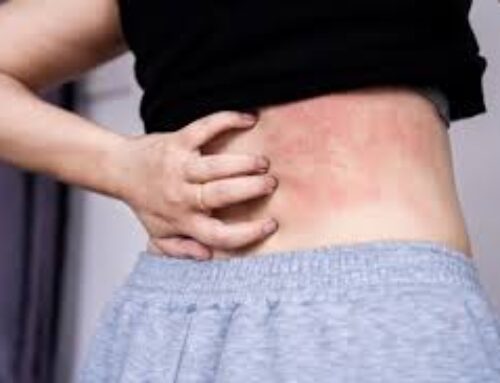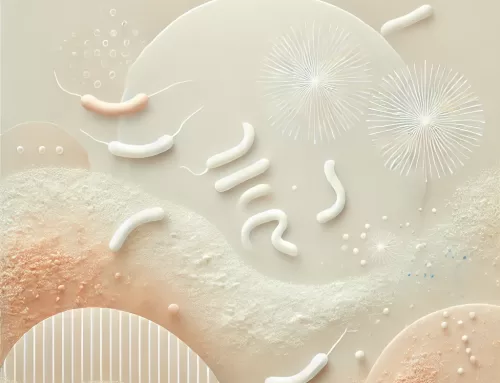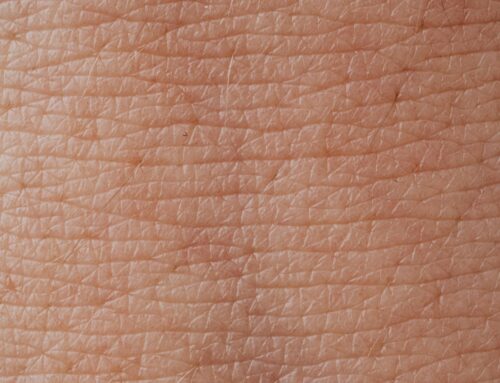It’s a nice day, and you’re enjoying yourself outdoors when you suddenly realize that you’re scratching your arm. Redness surrounds a raised bump under the fingers you used to leave scratch lines. Your skin feels itchier by the second. You’ve been bitten by a pesky mosquito! You notice that no one else around you has been bitten by the mosquito. Isn’t it unfair how you were the only victim of the mosquito bite?
There are several factors that mosquitoes are drawn to:
- Carbon Dioxide: Mosquitoes are attracted to the carbon dioxide emitted when we exhale. Pregnant women are more likely to receive a mosquito bite since they breathe more frequently, emitting greater amounts of carbon dioxide.
- Blood-Type: Mosquitos land on people with Type-O blood more than any other blood type. Mosquitos are less attracted to individuals with Type-A blood.
- Body Heat: Mosquitoes have thermoreceptors, which allow them to detect changes in heat. They are attracted to the warmth by humans, especially to the head, neck, and extremities where heat is emitted.
- Body Odor and Sweat: Mosquitoes use body odor as chemical cues for their targets. Mosquitoes are attracted to lactic acid, ammonia, and uric acid which are released when we sweat.
- Clothing Color: Mosquitoes are attracted to dark colors.
Some people are more prone to getting mosquito bites than others. Luckily, there are precautions that can be taken to help prevent the itchy inconvenience. One step is to apply insect repellents containing 20-30% DEET, an active ingredient in repellants, on exposed skin. The next step is to wear long-sleeved shirts, long pants, socks, and closed-toe shoes. For extra protection, pull your socks over your pants and tuck your shirt into your pants.
If you do get a mosquito bite and you want to alleviate the itching, you can ice the area or use an over-the-counter antihistamine cream.





